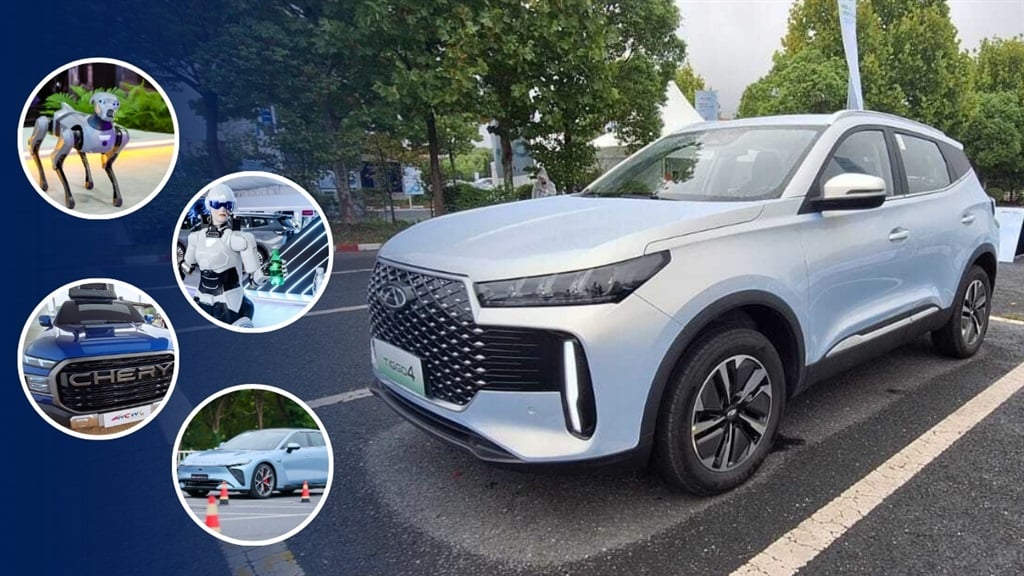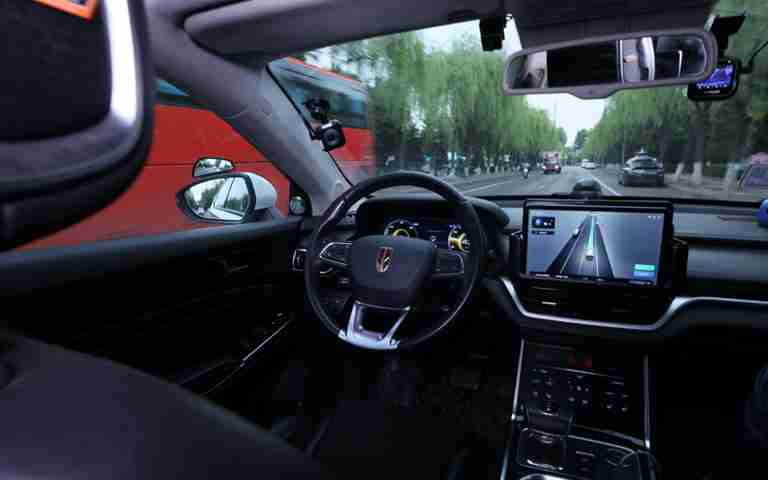Unpacking the Fear: Are Chinese Cars a Threat or a Promise for American Consumers?

by AutoExpert | 7 November, 2024
So, there’s been quite a bit of skepticism, even fear, in the USA about Chinese cars. We decided to deep-dive into it and see if all that worry was worth it. Let's try and get a better understanding of what’s actually going on in China’s car scene.
First off, China’s electric vehicle market is crowded—like, really crowded. There are over 200 EV brands duking it out, which has led to some intense price wars. Big names like BYD are slashing prices, and it’s putting the squeeze on everyone else. This fierce competition, combined with a slowing economy and overproduction, is pushing some automakers to the brink. Brands that were once on the rise, like WM Motor and Byton, have crumbled under the pressure.
We also noticed something interesting: tech companies are diving headfirst into making cars. This isn't new, but in China, it's on another level. Companies that started in internet search or smartphones, like Baidu and Xiaomi, are now cranking out cars. This adds a whole new layer of competition for traditional carmakers but gives tech companies an edge because they can integrate all their gadgets and services right into their cars.

Now, about those cars—the tech in them is pretty wild. They have cars that could pair with just about any digital device you own, turning the car into an extension of your digital life. And while we’re talking about fancy features, let’s talk about Nio’s battery-swap capability. Imagine pulling up to a station where you can swap out your car’s battery for a fully charged one in the time it takes to grab a coffee. People who tried it out say it is seamless. But whether this tech could work as smoothly in the U.S., where real estate costs a premium, is a big question.

Driving these cars around Wuhan gives a real sense of what’s working and what’s not. These cars cruise fine on open roads but can get trippy in dense city traffic. They have some sketchy moves and drivers might have a few “take the wheel back” moments when the car’s AI gets overwhelmed.

So, should Americans be afraid of Chinese cars? Well, it’s complicated. It’s not so much about the cars themselves—they’re pretty solid and packed with features. The real issue might be the fierce competition among Chinese automakers, which could lead to cutting corners or rushing tech that’s not quite road-ready.

Chinese cars could potentially offer a serious bang for your buck compared to what you can get in the U.S. right now. But with all the tech integration, if you're someone who's uneasy about digital privacy or cybersecurity, that might be something to think about.

At the end of the day, it’s clear that China is pushing hard and fast into the future of the automotive industry, with or without the rest of the world’s approval. As for us back home, it looks like we’re sticking to ramping up our EV infrastructure and keeping tech at a cautious integration pace. Either way, the global car market is changing fast, and it’s going to be interesting to see where it goes.

















